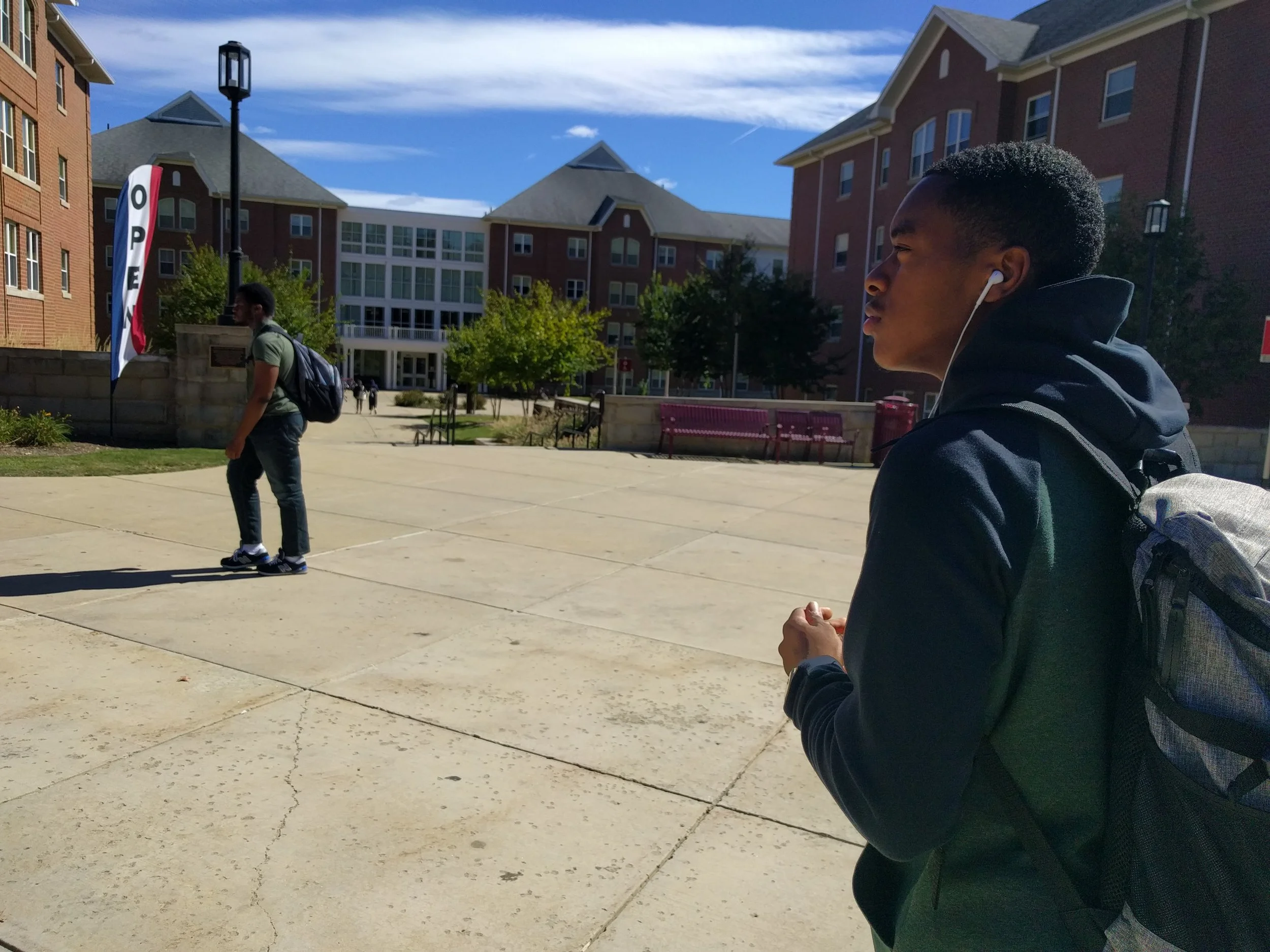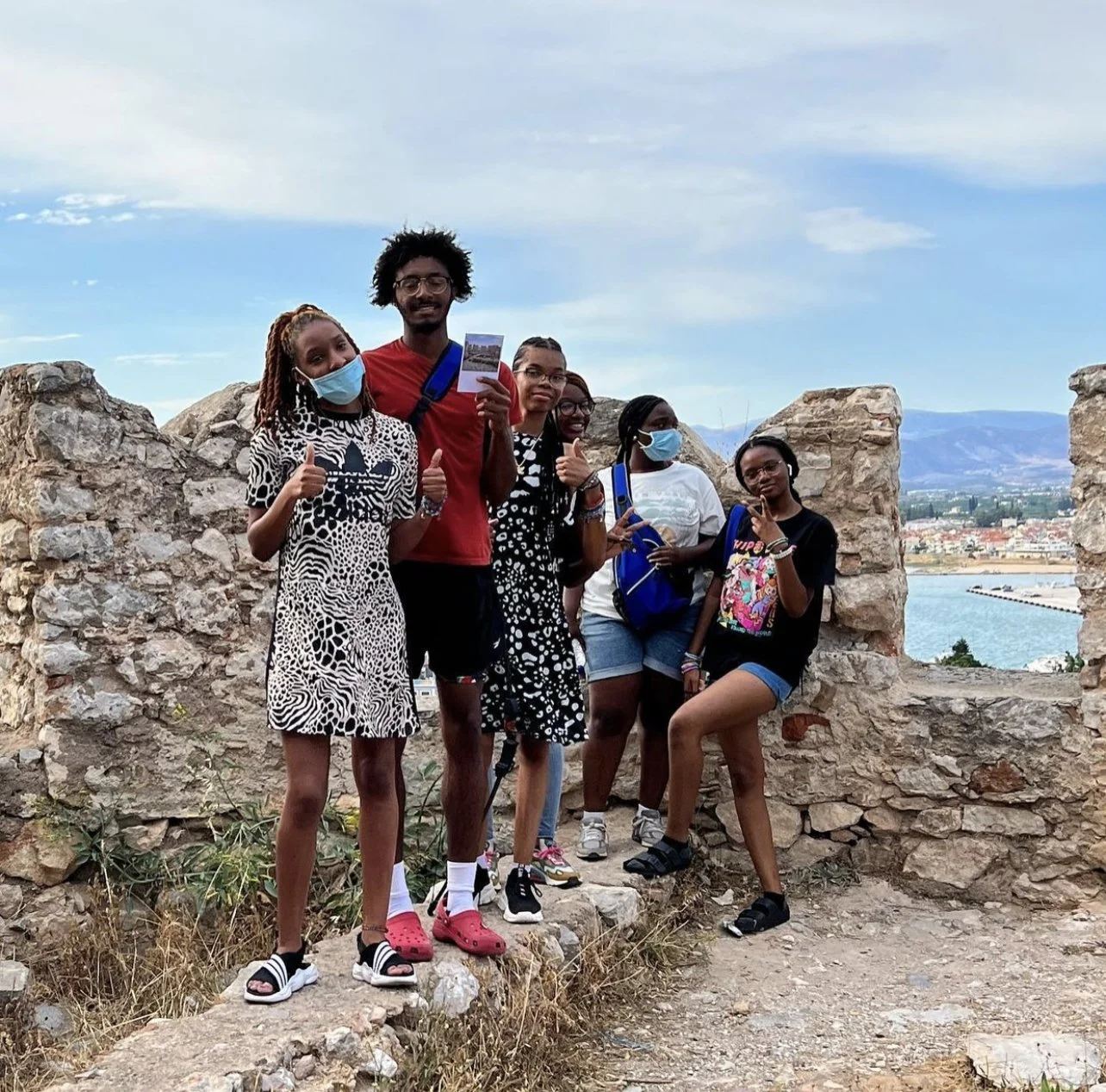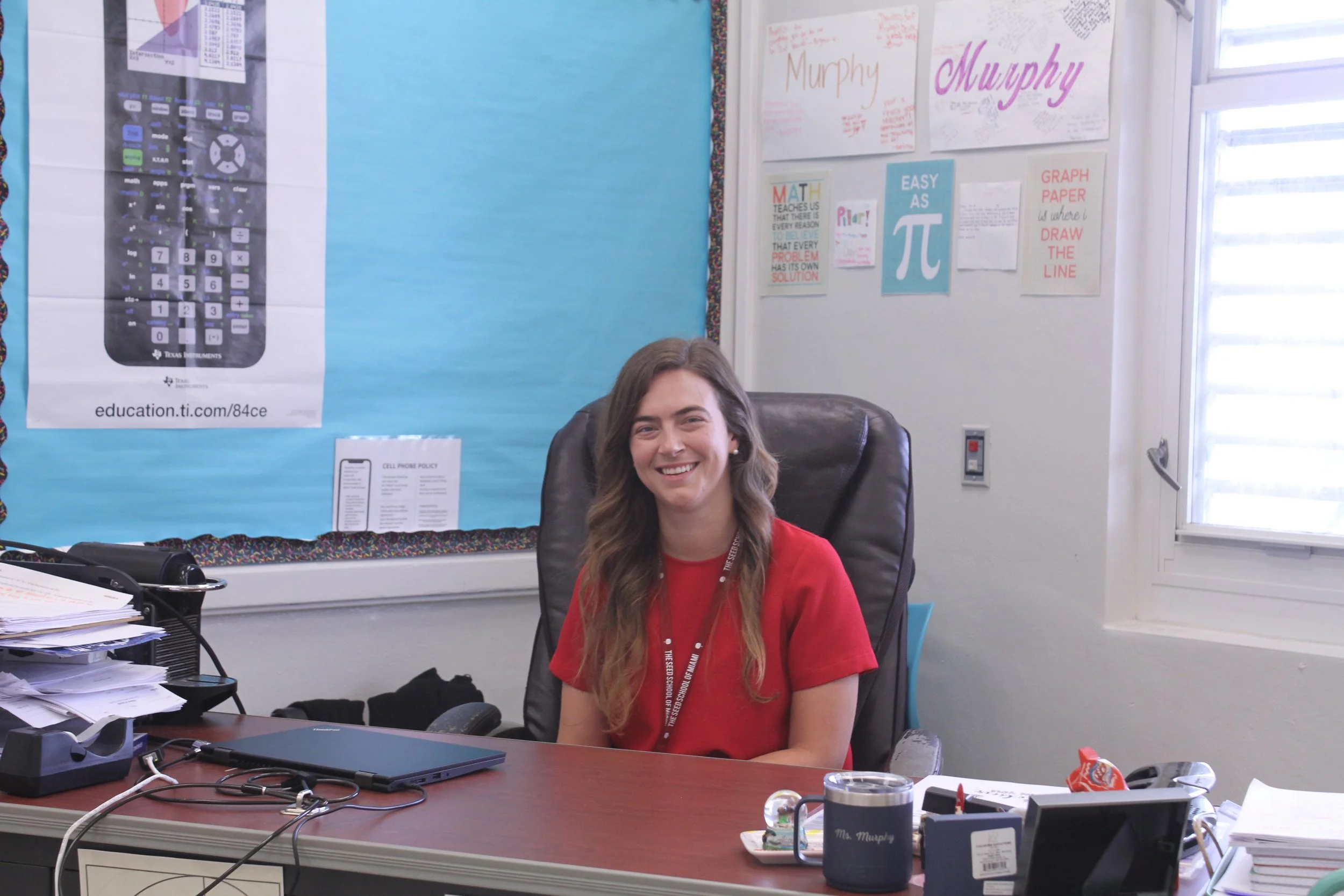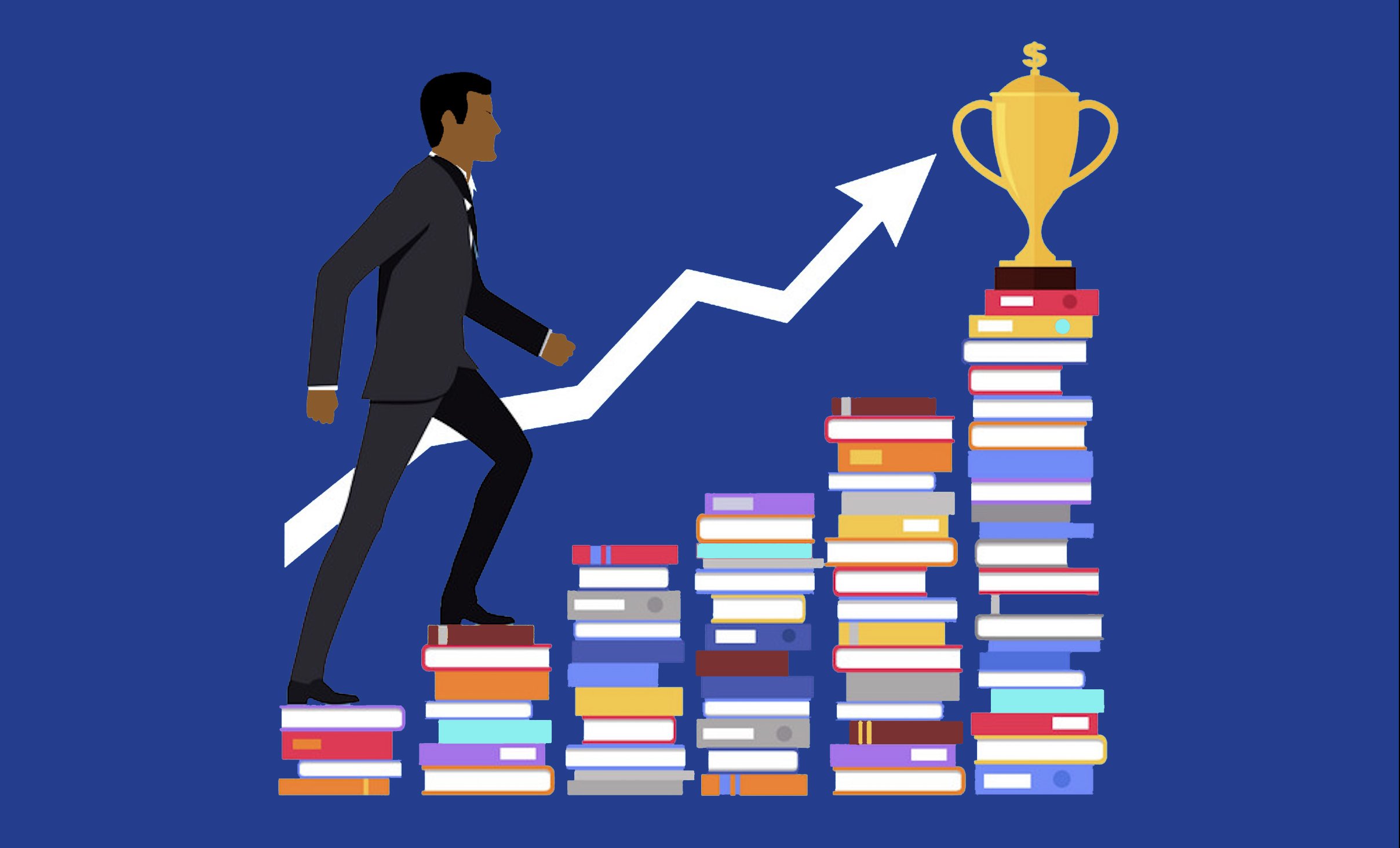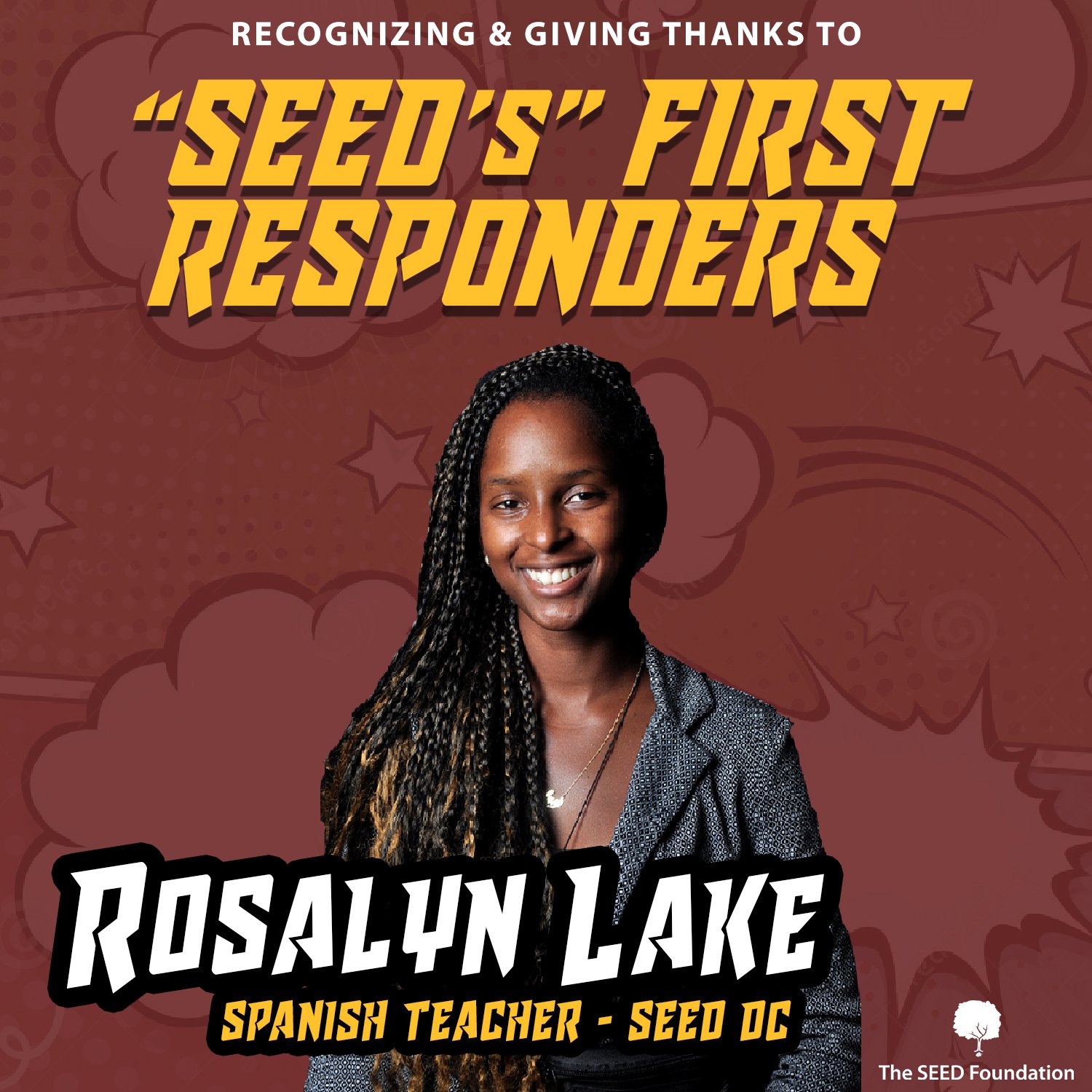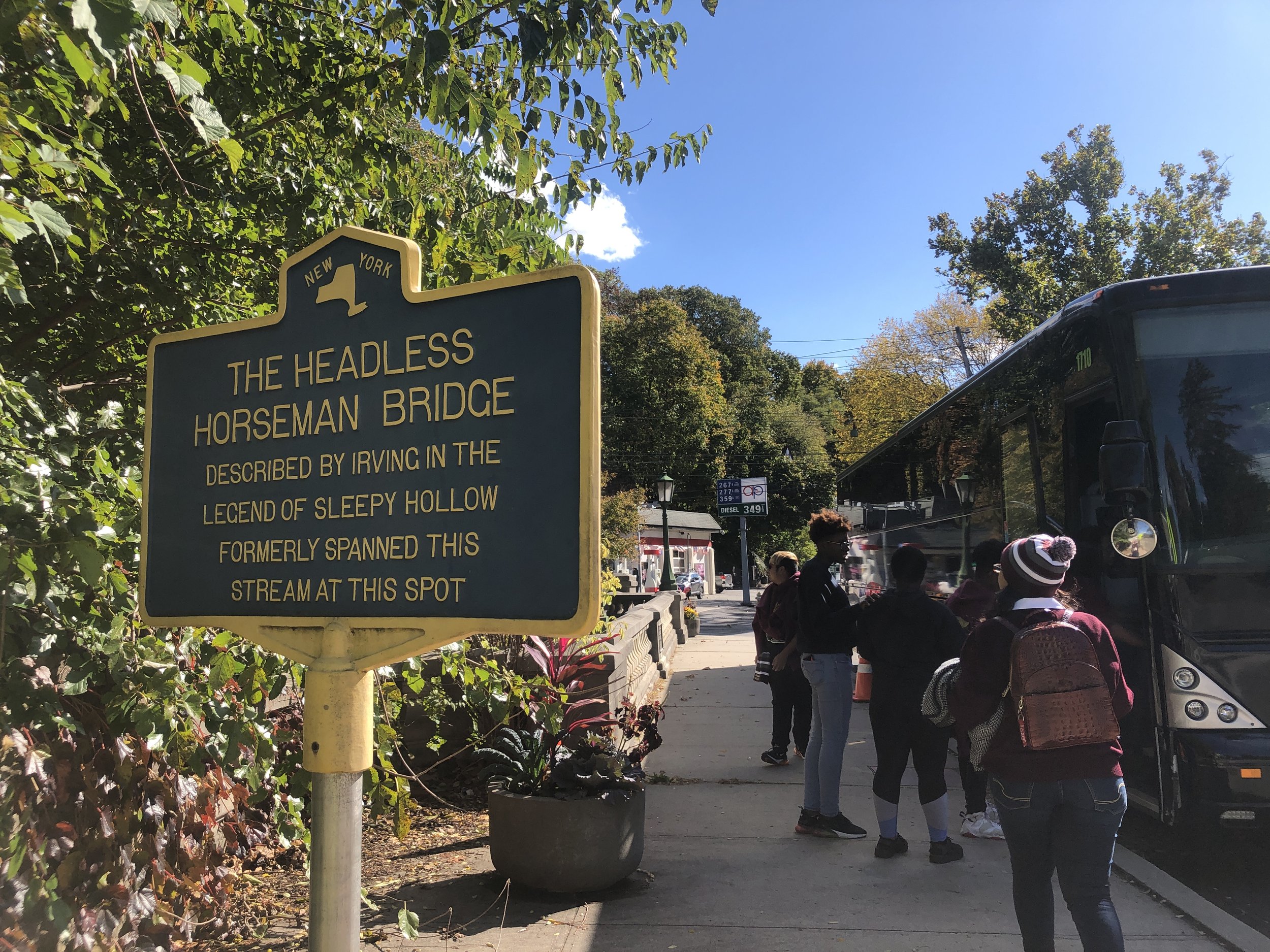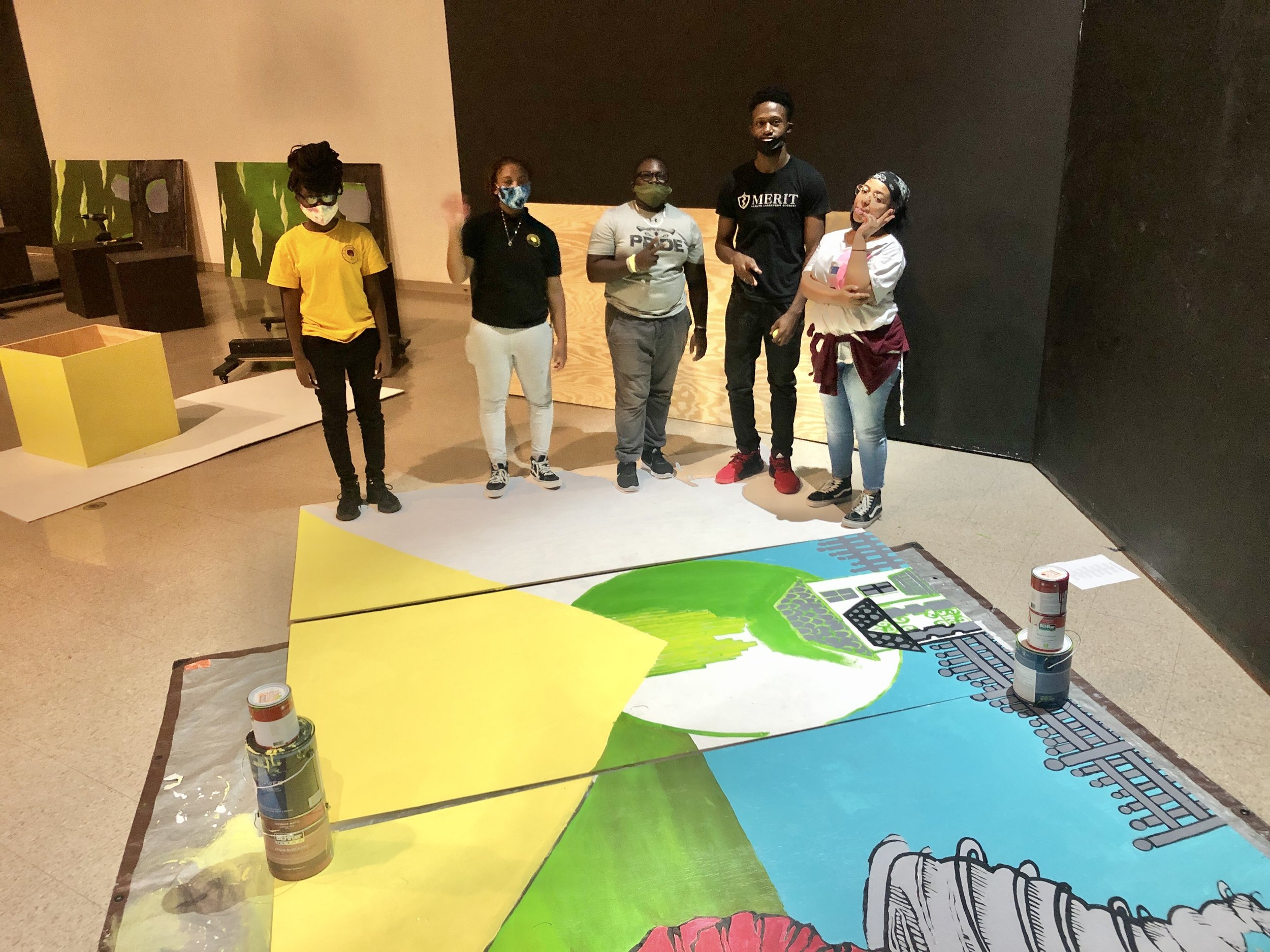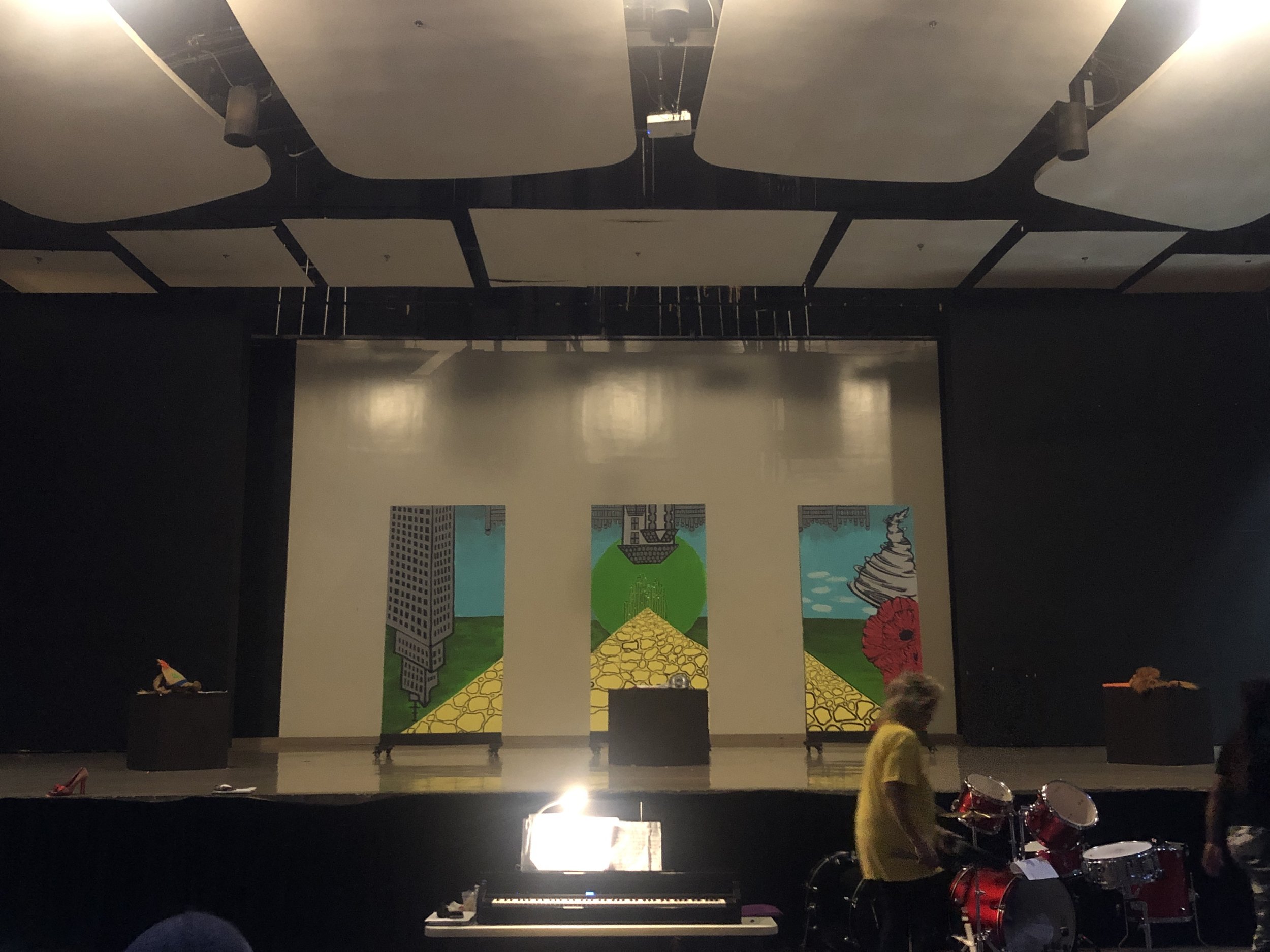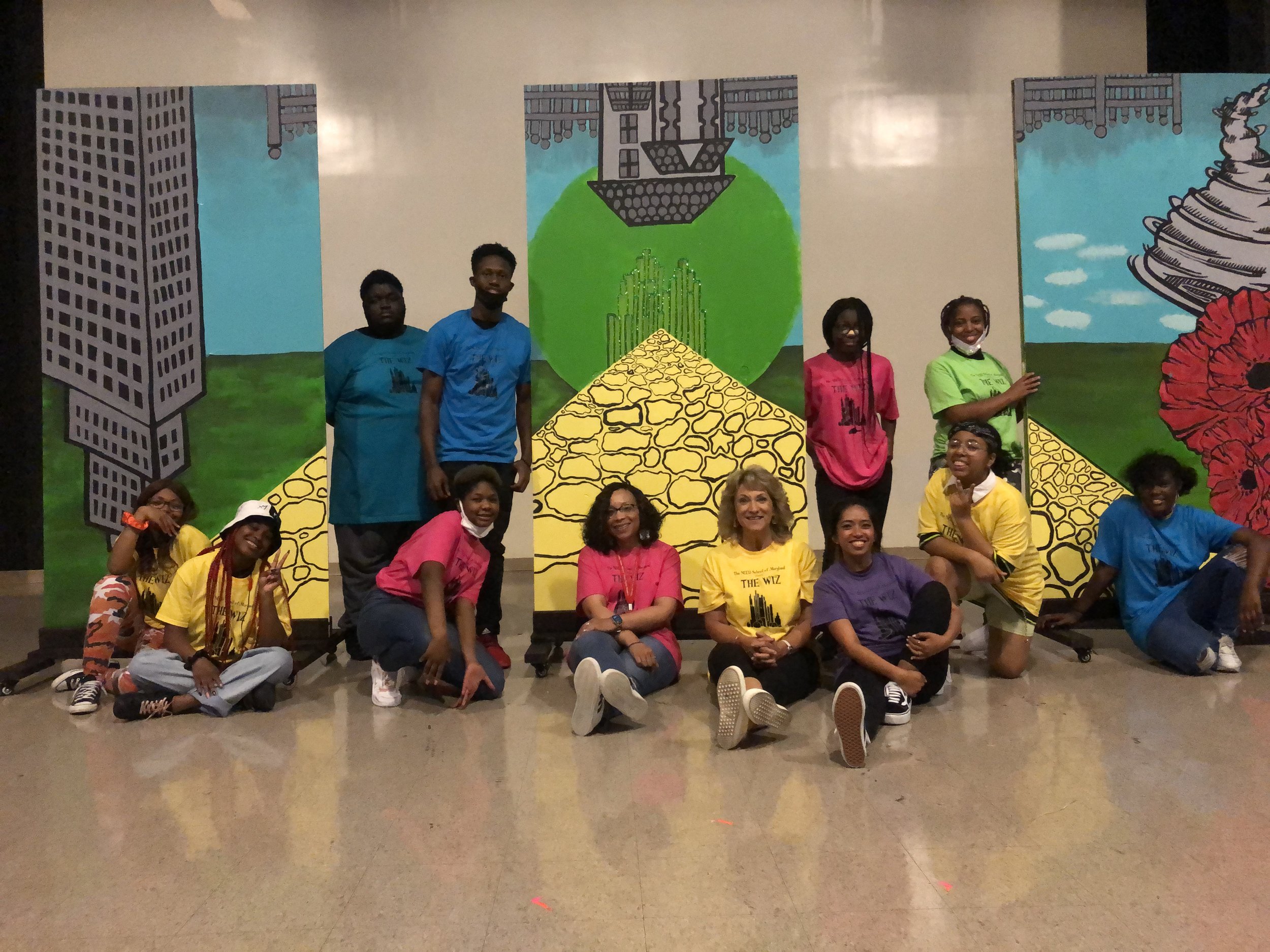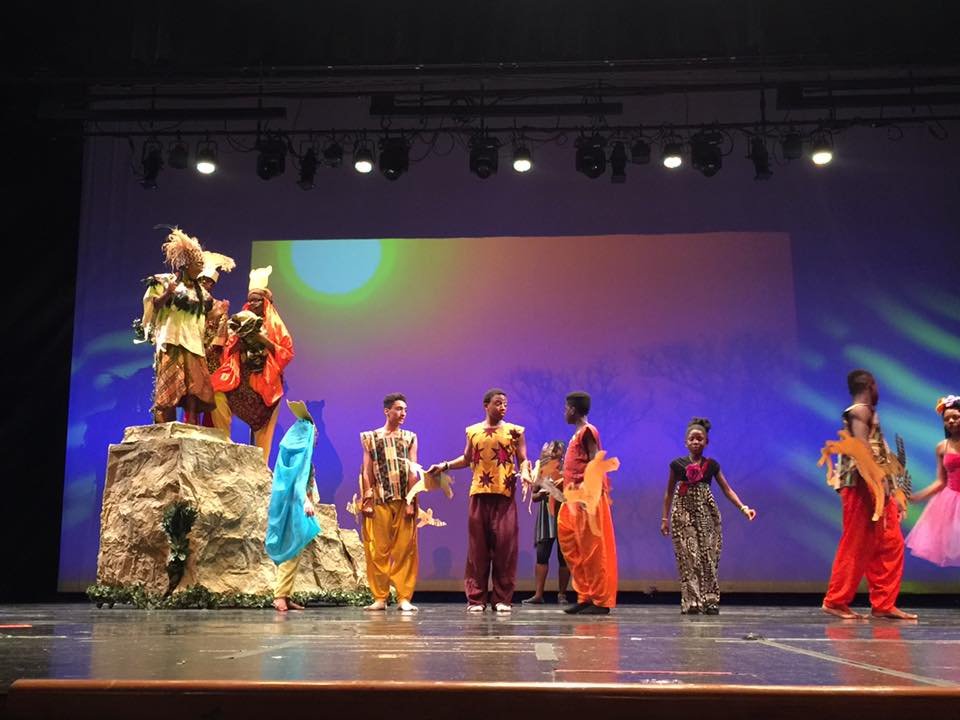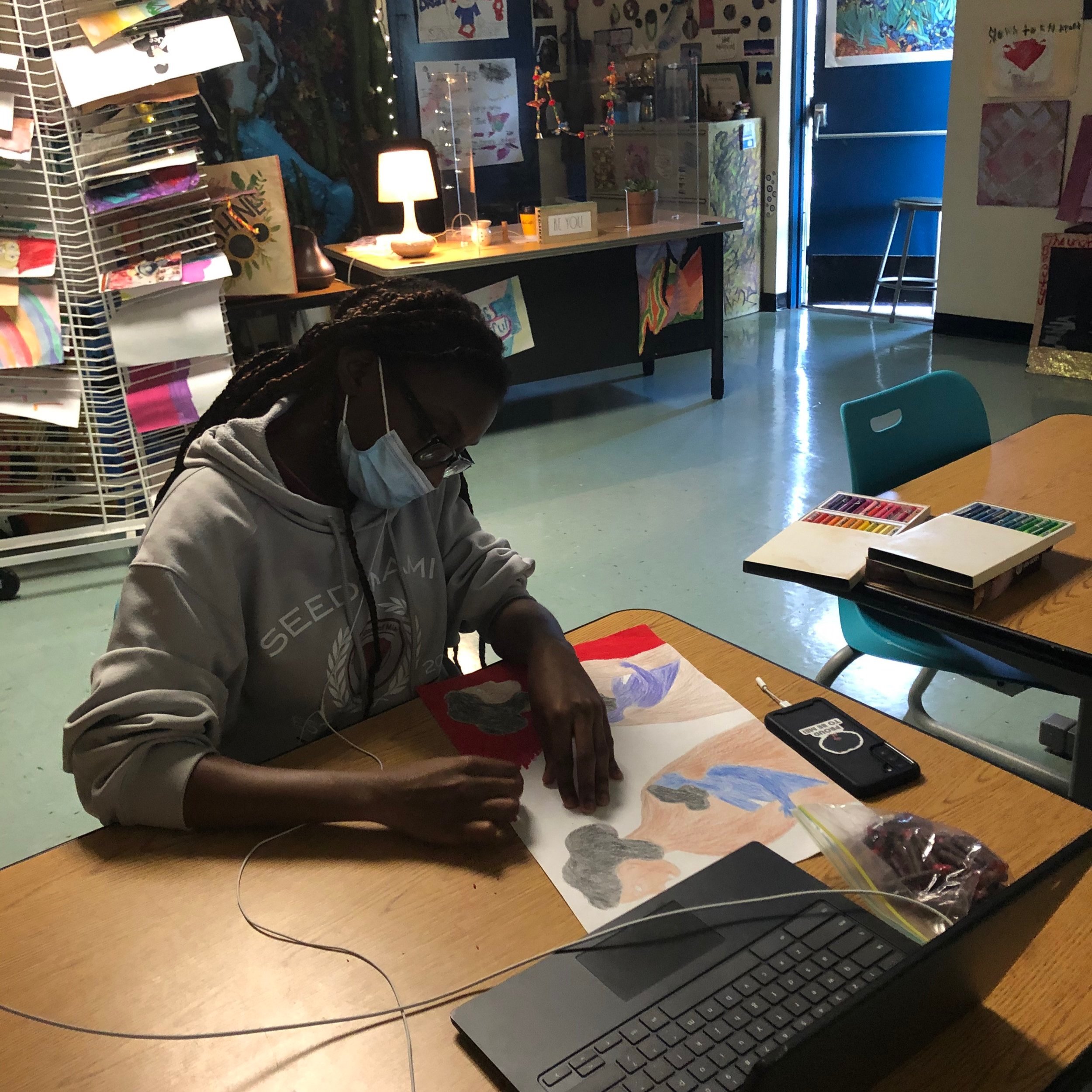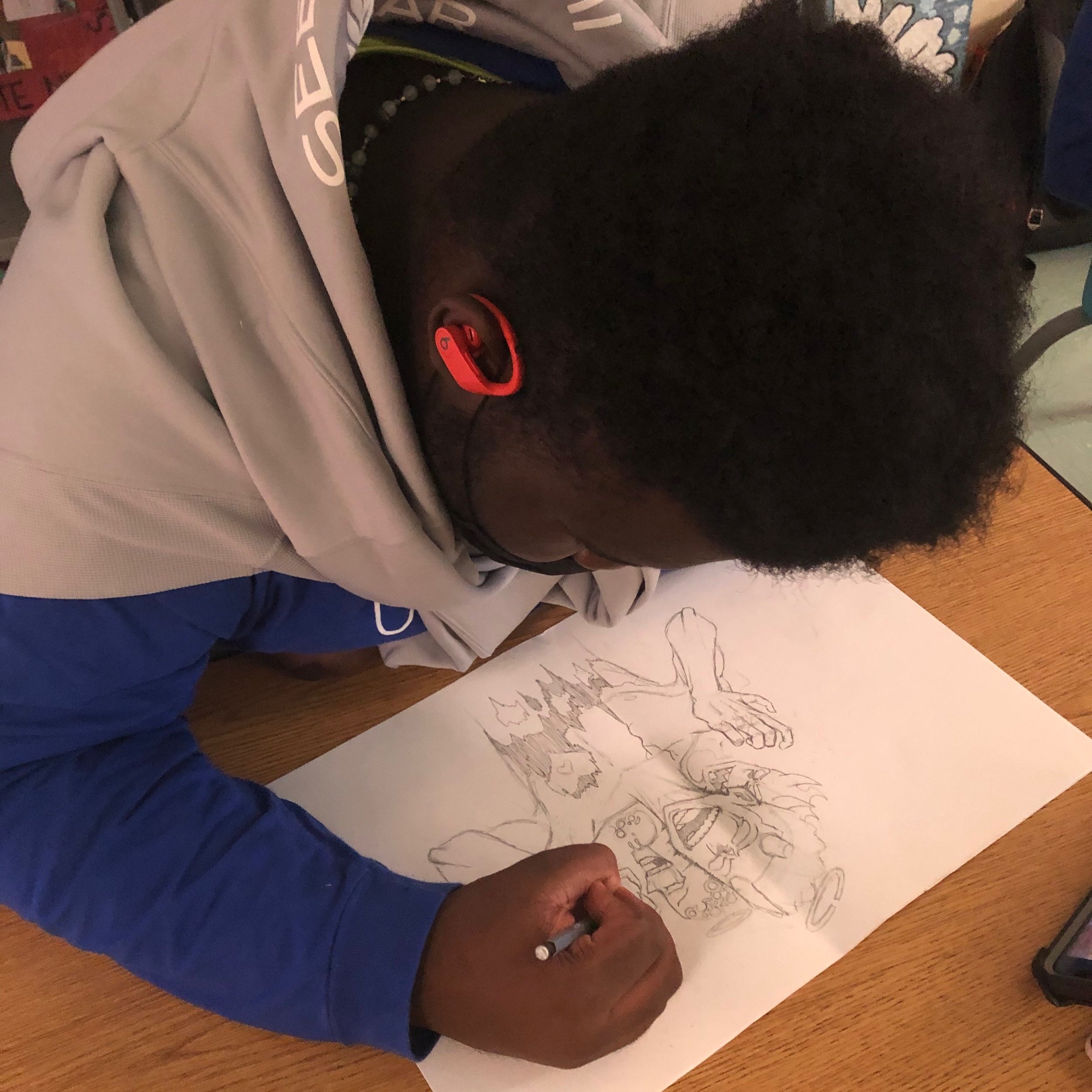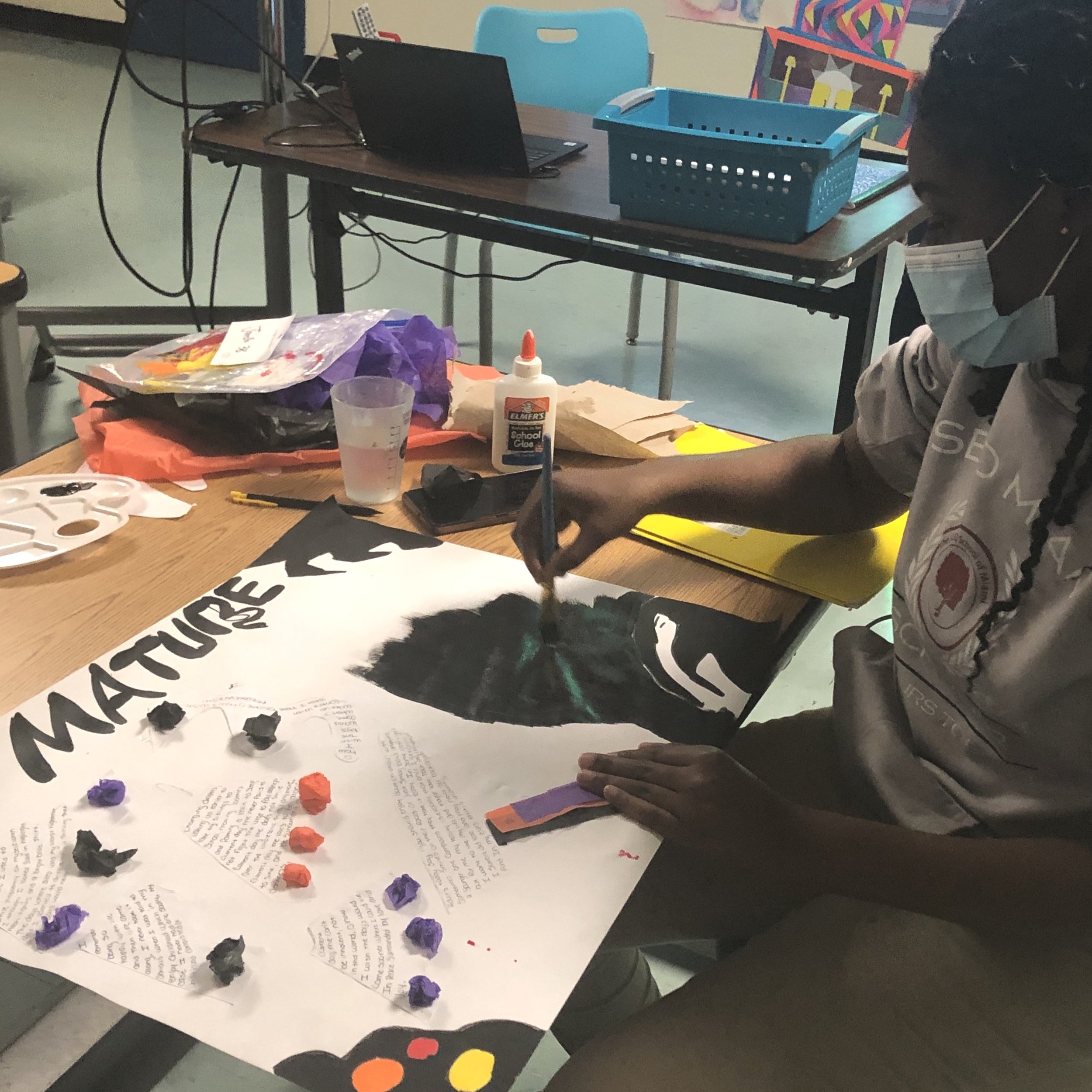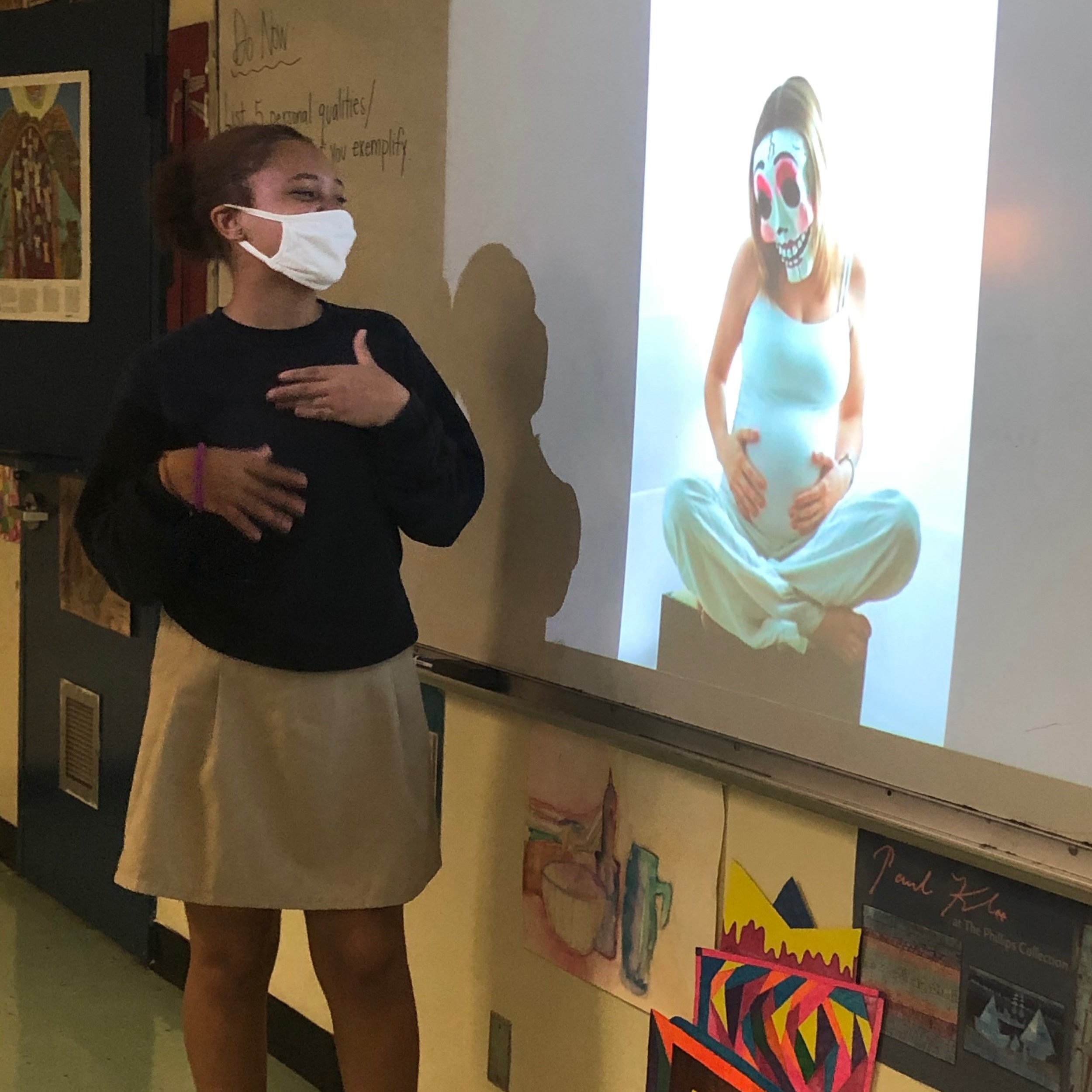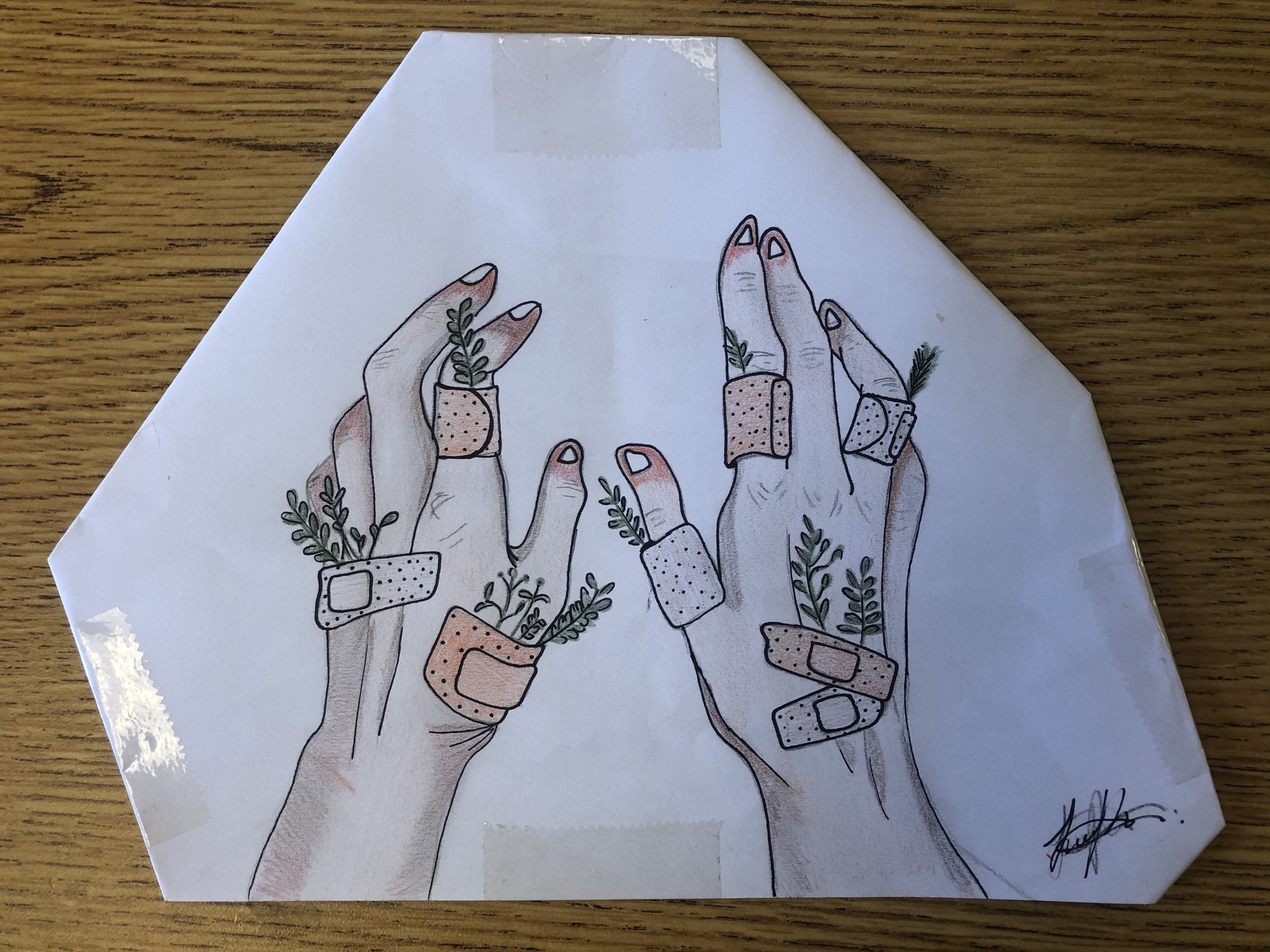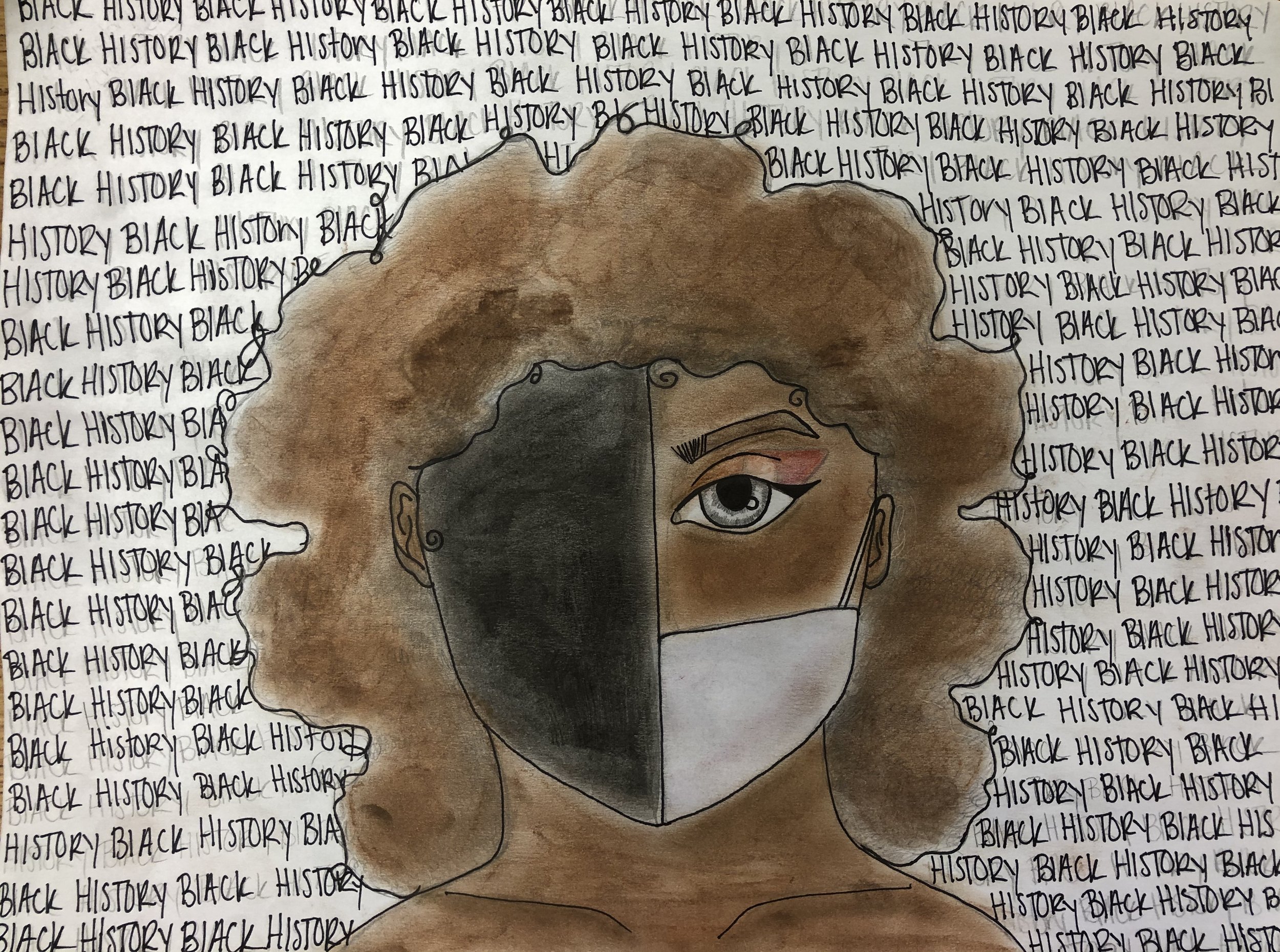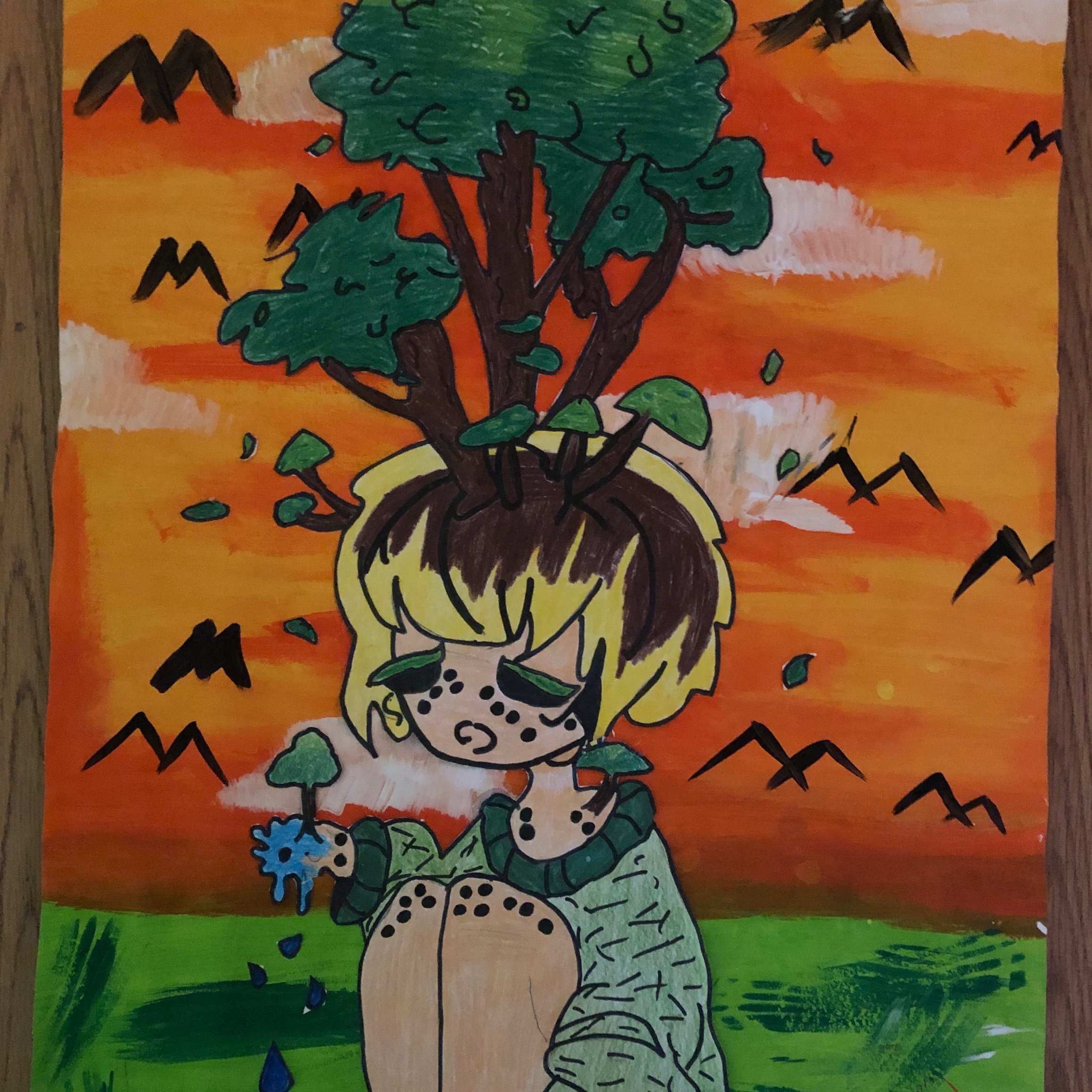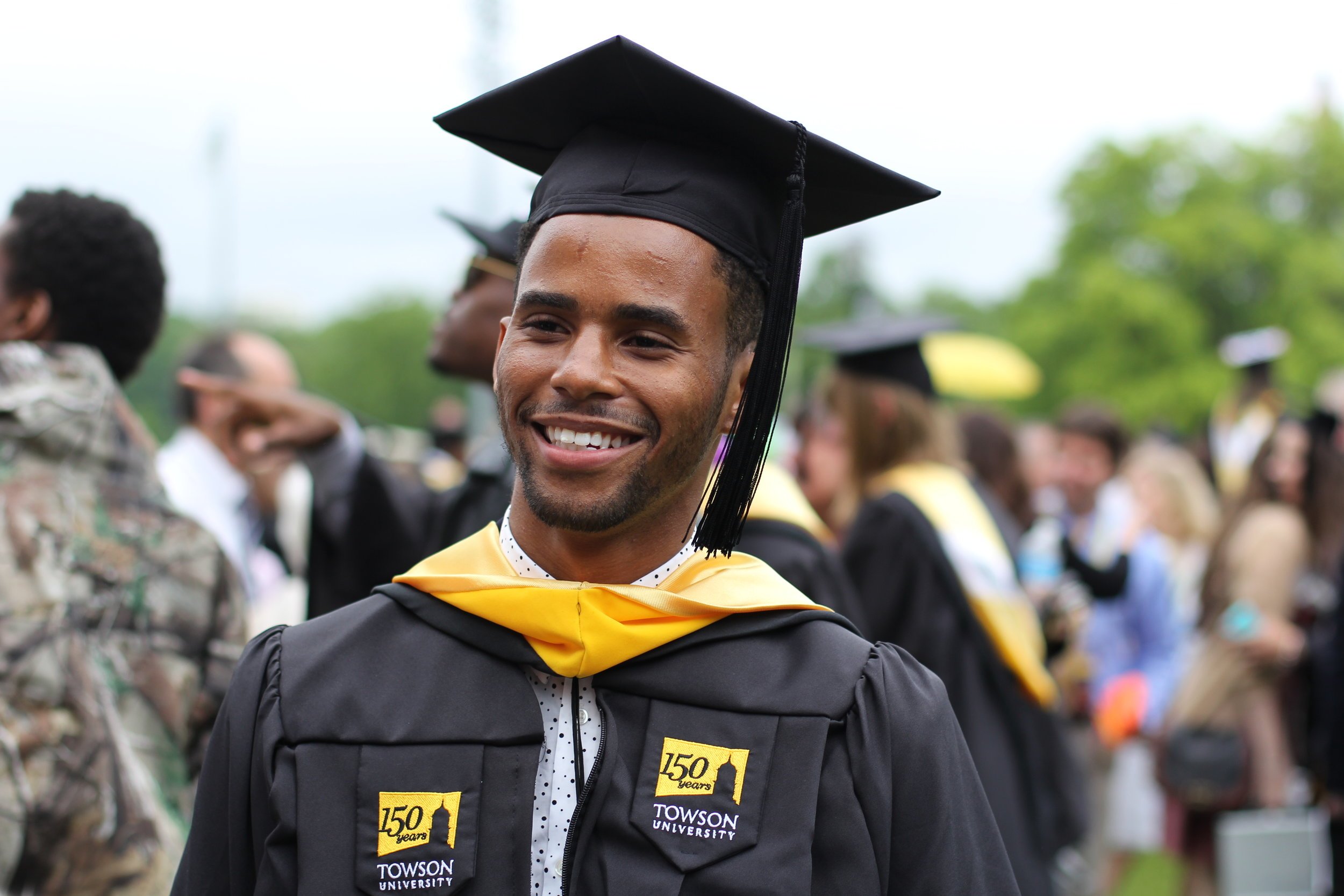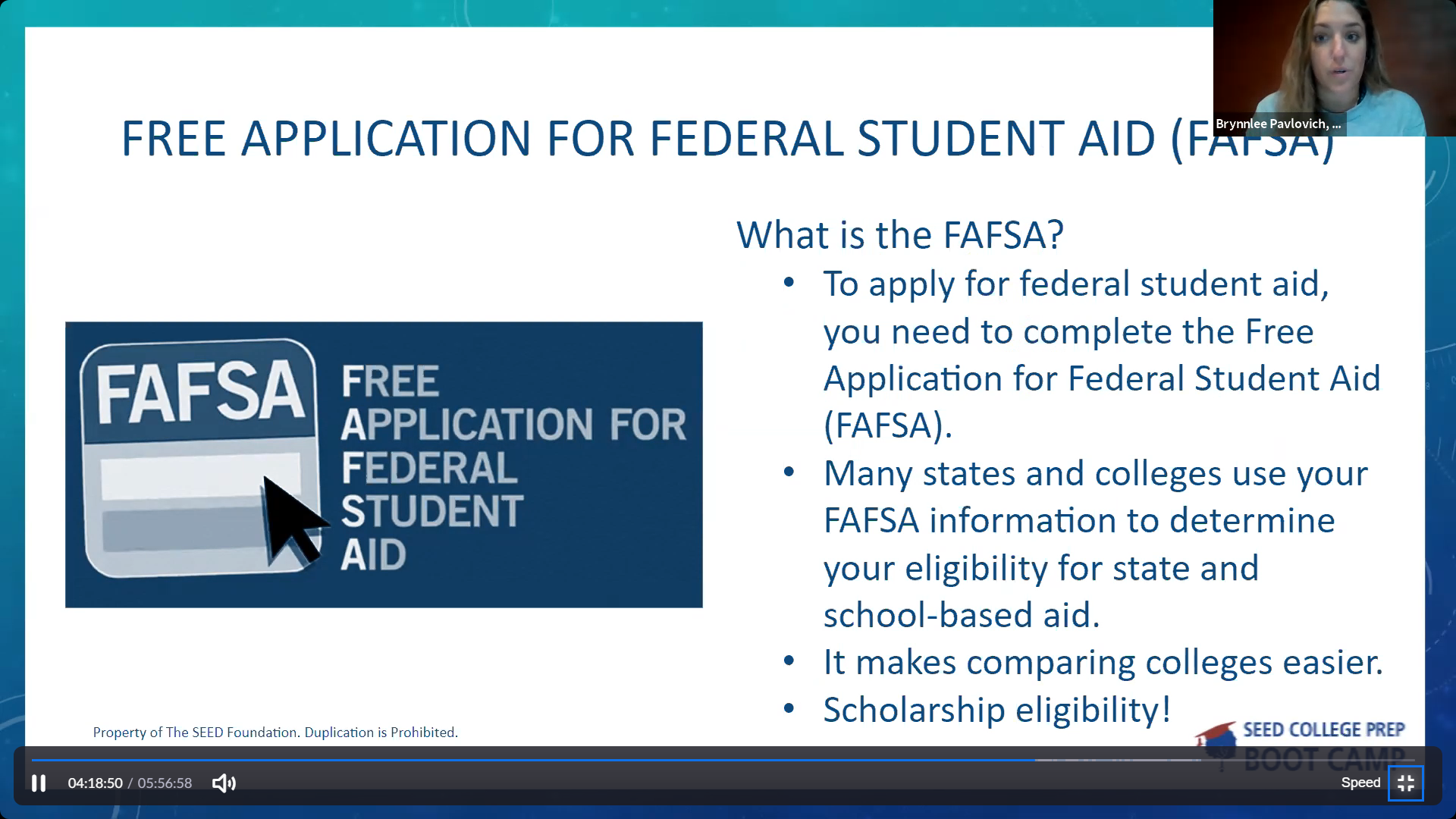Over the last 25-plus years in building our community, our research and data have led us to believe that—in addition to college affordability—strong on-campus mental health supports significantly impact a student’s ability to persist to college completion. SEED is staying connected to the national conversation about the mental health obstacles today’s college students are facing and how we can continue to support them in reaching their goals. Here is what we are learning and why we—along with other education experts—believe these resources are critically important.
College students today have a lot to deal with. They have spent significant portions of their high school and/or college career grappling with the myriad challenges of the COVID-19 pandemic on top of the stressors of navigating the academic and social environment of college. Several studies have been conducted across the country to quantify this impact—and the data is startling. So, what are and what can we do to better support them?
According to Inside Higher Ed and Student Pulse’s Student Voice survey conducted in 2022, 75% of students reported experiencing anxiety while in college, and 60% reported dealing with depression. Nearly one in five students had struggled with suicidal ideation during college. However, only 34% of those who had suffered from any of these had received counseling services either on or off campus.
Data from these national and internal surveys gives colleges/universities the opportunity to identify specific needs and to focus resources where they can have the greatest impact. It is also a key reason why “strong on-campus supports”, which specifically includes mental health services, is one of the three main criteria SEED uses in college matching. Fortunately, many colleges/universities have already made strides in meeting the mental health and wellness needs of students by expanding services and others have begun placing greater priority on mental health.With campus counseling centers stretched thin--according to the APA, “nationwide, the average annual caseload for a typical full-time college counselor is about 120 students, with some centers averaging more than 300 students per counselor”—many colleges are finding ways to increase impact and outreach to help meet students where they are. Use of technology, better communication about available services, group counseling, and peer-to-peer support are some of the ways universities are better helping students.
Use of Technology: Some colleges have adopted apps and texting services that allow students to connect with information on available services, or even to talk to someone one on one. Removing the barrier of having to make a phone call or go to a physical office can make a difference for the digital generation.
Peer counseling. Students can reach out to peer counselors when they are struggling with non-acute mental health concerns such as relationship problems or stress. Some of these programs are even via text, really breaking down barriers to access. Peer counselors generally undergo a training program, and when an issue is beyond the scope of their training, they can help connect students to other campus resources.
Group settings. For some students, mutual support from peers experiencing similar issues in settings such as group therapy, affinity groups, or other collective settings may be the best fit. Facilitated or more informal groups have the added benefit of being better at reaching people from backgrounds who are less likely to seek out other mental health resources—including international, first-generation, or minority students.
Build Awareness. When someone is experiencing mental health challenges, even routine tasks can feel overwhelming, so there should be as few barriers as possible for students to connect with services. In the Student Voice survey, only half of students indicated that they knew where to turn to for mental health support on campus. Colleges can make that easier on students by broadly disseminating information about available mental health resources. When the information is readily accessible, it can make it easier for a student to reach out—or to help a friend who is struggling.
Culturally Responsiveness. When California State University Long Beach built its comprehensive mental health plan, it placed culturally responsive care as a central tenet. Colleges need to better understand what barriers people of different identities, backgrounds, or abilities might face when it comes to accessing mental health care and then build systems that are inclusive to the whole student body.
Kiaira Muhammad, college success advisor, sees many of these strategies in action when she visits SEED graduates on right-fit college campuses: “Some examples of good mental health resources I’ve seen are on-site access to and well-staffed mental health counseling centers, online or phone services available to students 24/7, and community meetings offered for different topics.”
College is a time of transition, new challenges, and new environments—it can be stressful. As colleges continue the work of learning about student mental health needs and building resources to serve them, SEED champions their progress and ingenuity. Our College Matching Technology Solution identifies best practices in on-campus supports and helps us identify campuses where students can thrive. To read more about the opportunities our college success work is creating and to learn how to join us, click here.



